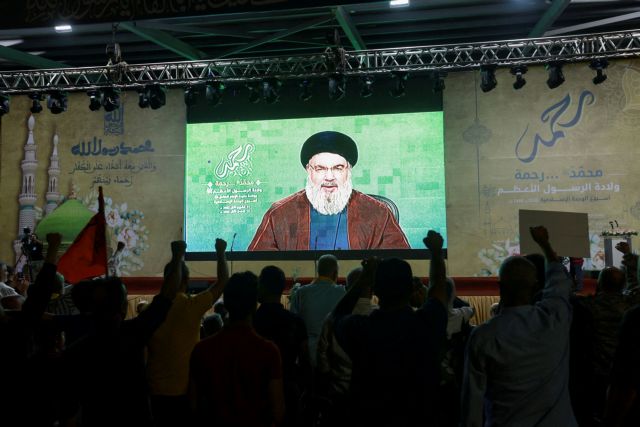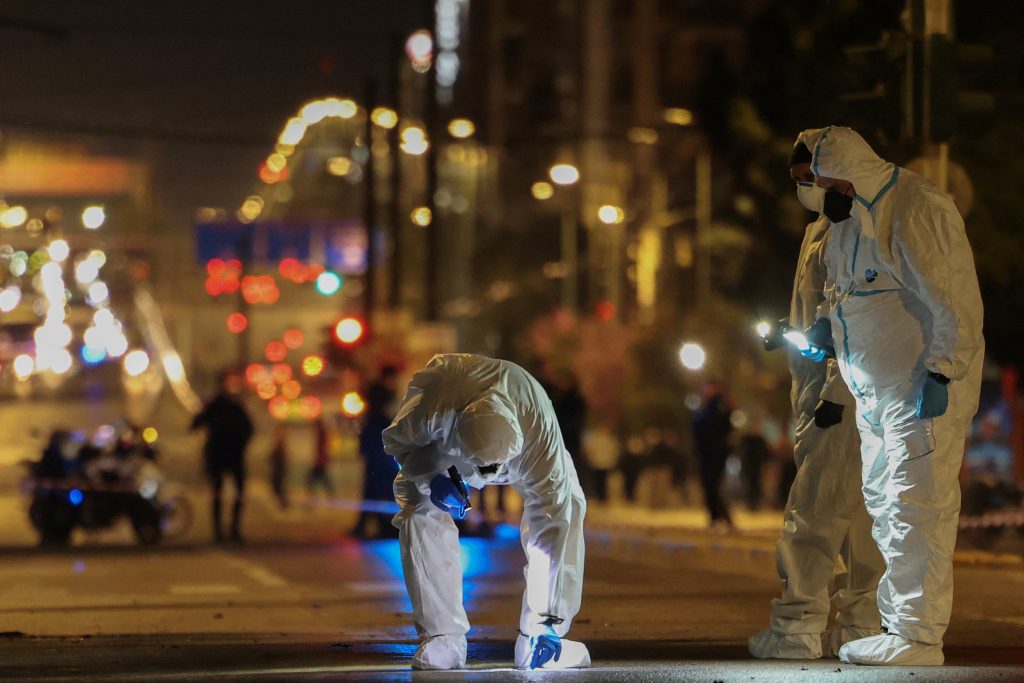Athens and Nicosia are on high alert following the threats leveled against Cyprus by the leader of the Iran-backed Lebanese militant group Hezbollah, Hassan Nasrallah, on Wednesday.
Nasrallah warned Cyprus, during a televised address, that it would be targeted if Israel used Cypriot airbases to launch attacks against the Shiite militant group and party, which is based in southern Lebanon.
“Opening Cypriot airports and bases to the Israeli enemy to target Lebanon would mean that the Cypriot government is part of the war, and the resistance will deal with it as part of the war,” Nasrallah said.
The Greek ministry of foreign affairs issued a statement expressing its unwavering solidarity with Cyprus, stressing “the threat of the use of force constitutes a blatant violation of the United Nations Charter.”
Diplomatic sources at the ministry in Athens said Greece was closely monitoring the situation. “The diplomatic channels between Cyprus and Greece are open, and everything is being assessed calmly,” the same sources noted.
Cyprus, which is not a member of NATO but is a European Union member-state, lies around 250 kilometers from the Lebanese coastline.
Cypriot president Nikos Christodoulides said the island republic remained uninvolved in any military conflicts and “positions itself as part of the solution rather than the problem.”
The EU took a clear stance in favor of Cyprus, with the spokesperson for foreign affairs and security policy, Peter Stano, stressing that Cyprus was part of the EU and that any threat against a member of the bloc would be considered a threat against the entire EU.
Commenting on the threats against Cyprus by Hezbollah, a US State Department spokesperson, Matthew Miller said in a press briefing that Nasrallah’s comments were “extremely counterproductive. Hezbollah must stop threatening anyone. We prefer Hezbollah to pursue a diplomatic solution.”



